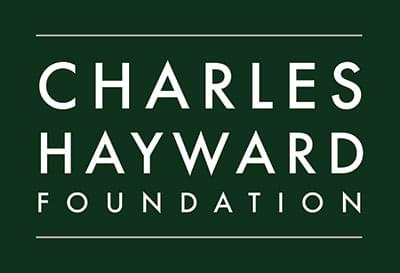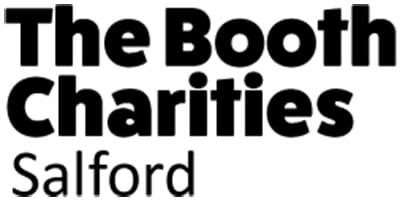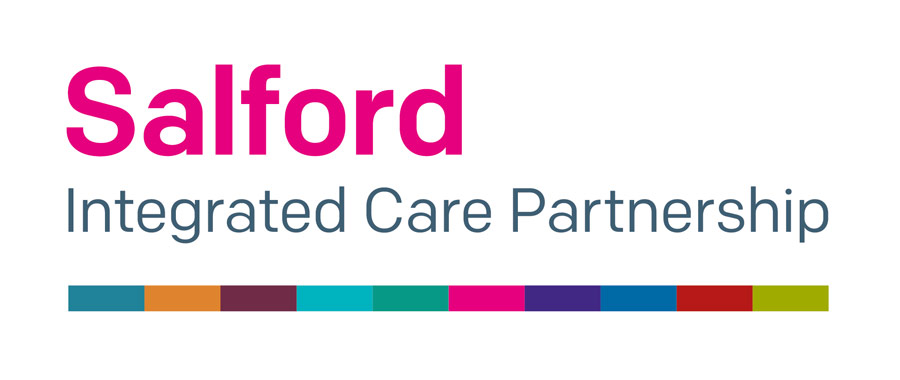Complaints Procedure
We Are Survivors is committed to safeguarding vulnerable adults and aims to maintain high standards in all of its work, but we recognise that we can sometimes get things wrong despite our best intentions. Without the feedback of our service users on these occasions we would not be able to improve the service we offer to them in the future, and therefore we value and take seriously any feedback they provide.
Record Keeping
We Are Survivors will maintain any digital or written record of any complaints made by service users. This confidential information will be kept in a secure location by the appropriate person, and will be kept for as long as deemed necessary, in line with Data Protection principles. Records kept by employees of We Are Survivors about service user complaints should be kept confidential, and not be released externally to the organisation unless statutorily obliged or requested by the service user.
Methods of Complaint
Formal complaints must where possible be made in writing, either by letter (posted or emailed) or online through the Feedback Form, and should provide the following details:
- The reason for the complaint;
- Where and when it happened;
- The name(s) of anyone involved (if known);
- What outcome the complainant is hoping for;
- The complainant’s contact details (name, address, daytime telephone number and/or email).
Any service user complaint should be submitted to:
We Are Survivors
Unit 9 Brewery Yard
Deva City Office Park
Trinity Way
Salford
M3 7BB
or email [email protected]
Where it has been established that there exists a barrier to the service user personally completing the form in writing, such as physical or other disability; learning difficulties; limited english literacy; or other significant difficulty, the service user may request the assistance of a member of staff to help them put their complaint in writing. This assistance should be provided within a reasonable period of time following the request, taking into account staff availability and safety. Where it is considered that assistance in person with completing the Complaints Form may put that member of staff at risk, or for reasons of limited staff availability, this assistance may be given to the service user by telephone, at the discretion of the staff team.
Procedure for Handling a Formal Complaint
The aim of the Complaints Procedure is always to achieve resolution of the service user’s complaint at the earliest stage possible.
Stage One – Review by the Operations Director
At first instance the complaints procedure starts locally with the Operations Director. Should the Operations Director be the subject of the complaint, the service user may circumvent Stage One and commence their complaint at Stage Two.
The Operations Director will acknowledge receipt of the complaint within five working days and carry out a full investigation into the circumstances surrounding it.
The records of the service user’s visit will be examined to check that proper procedures were followed and the best advice given.
The target time for responding in full to a complaint is 25 working days, though, if the issue is complicated, any delay must be explained.
If the complaint is upheld, the service user should receive a full apology and, where appropriate, be given details of any action that the service was able to take to retrieve the situation or at least put things right for the future.
The letter sent to the service user informing them of the outcome of the investigation into their complaint at Stage One must also inform them of their right to ask for a review of the investigation should they not be satisfied with the outcome of stage one. Details of how to do this must be provided.
Stage Two – Review by the Deputy Chief Executive Officer
The process followed by the Operations Director in reviewing the complaint is very similar to Stage One in that the same target times for responses apply and there is the same obligation for an apology, where owed, and for putting things right, if possible.
The Chief Executive Officer will check that the investigation so far has been carried out fully and properly. She or he will check that the fundamental point of the complaint has been addressed and look at any outstanding issues raised by the complainant.
The Chief Executive Officer will acknowledge receipt of the complaint within five working days and carry out a full investigation into the circumstances surrounding it. The records of the service user’s visit will be examined to check that proper procedures were followed and the best advice given.
The target time for responding in full to a complaint is 25 working days, though, if the issue is complicated, any delay must be explained.
The letter sent to the service user must also inform them of their right to ask for a review of the investigation by a complaints panel at Stage Three should they not be satisfied with the outcome of Stage Two. Details of how to do this must be provided.
Stage Three – Review by the Complaints Panel
If the service user wishes to appeal the decision of the Deputy Chief Executive Officer, they can request a further review to be conducted by a Complaints Panel.
The Complaints Panel will be formed from not less than three We Are Survivors trustees.
The Complaints Panel will:
- review the original complaint;
- ensure that the complaints process has been carried out properly and fairly; and
- will check that the fundamental issues have been investigated fully.
The Complaints Panel will acknowledge receipt of the complaint within five working days.
The target time for responding in full to a complaint is 30 working days, though, if the issue is complicated, any delay must be explained.
The review will produce a full response, which will contain sufficient information to show that the complaint has been fully investigated, and an apology where appropriate.
The decision of the Complaints Panel is final.
















